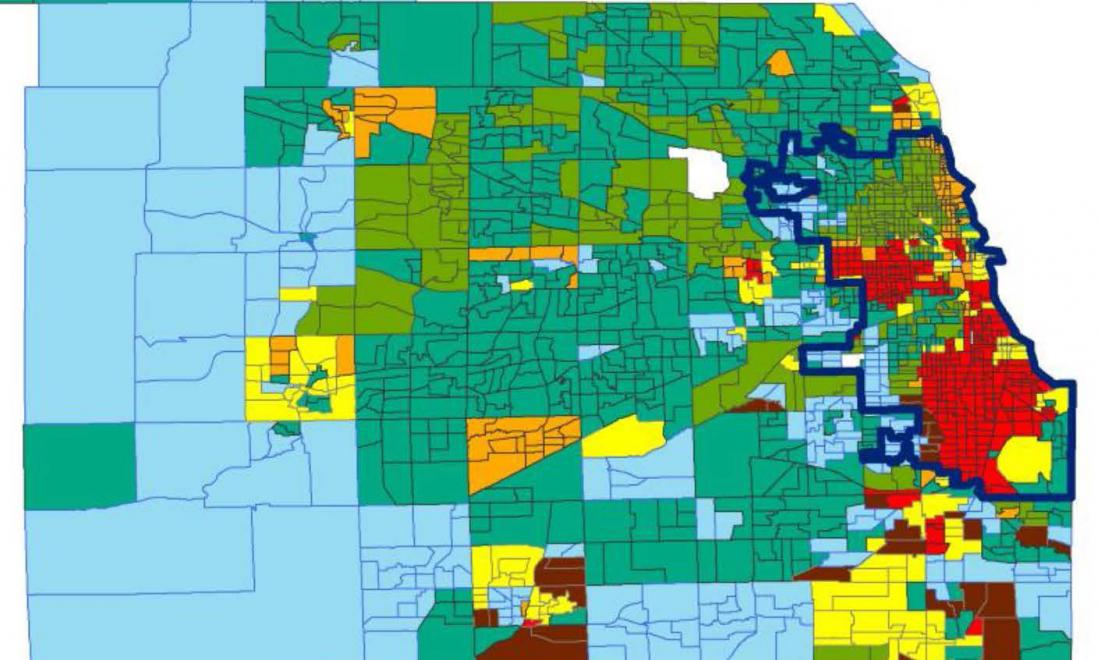Nearly one-half of all U.S. marriages annually involve previously married persons. Yet little is known about who is likely to remarry; whether they have opportunities to remarry never married or other previously married people; or the partner selection process. Using data from the American Community Survey, Sociologist Zhenchao Qian is comparing patterns of assortative mating (selection of partner based on shared similar characteristics) among never married and previously married people.
While marriages are typically formed on the basis of shared social, demographic, and economic characteristics, Qian's research shows how previously married individuals are disadvantaged in the marriage market and those who marry tend to form heterogamous unions (marriages between two individuals who differ in certain characteristics) in which they substitute other valued traits (education and earnings, for example) in marriages with never-married persons. The findings suggest that previously married people with socioeconomic resources are more likely to cast a wider net to remarry while those with fewer resources, many of whom have children from previous relationships, face demographic shortages of potential partners to remarry. Read an article from his research here.






